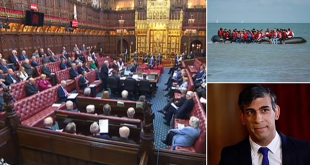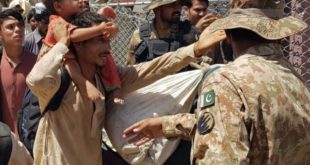The efforts for revival of the peace talks are in full swing as the US chief peace negotiator for Afghanistan met leaders in Kabul after arriving in the country on an unannounced visit on Sunday. It’s his first visit to Afghanistan since President Donald Trump halted talks with the Taliban insurgents on ending the Afghan war. The visit came on the same day when the Independent Election Commission (IEC) set November 14 as the new date for releasing the preliminary results from the September 28 controversy-marred presidential polls. Meanwhile, Russia hosted a four-party huddle on Oct. 25 where China and Pakistan called for an early resumption of negotiations between the US and the Taliban to reach an agreement. China, meanwhile, has invited Taliban representatives and delegates from Afghanistan, including government officials, for an intra-Afghan conference. The two-day event was originally scheduled for October 28 in Beijing but it has now been delayed for unclear reasons.
With all these developments, reports revealed that the Afghan government, having been isolated so far, has drafted a guide for the future peace efforts titled ‘The 7-Point Peace and Reconciliation Plan’. It’s been said that the plan intends to “build upon the past efforts and move the peace process forward with an aim to end the bloodshed as soon as possible.” At the same time Afghan politicians and influential figures are making efforts to bring a negotiated political settlement in the country. If these joint efforts closely followed and acted upon – something unlikely – they would prove productive for the country. In the first point, the document has asked the US to develop an implementation mechanism jointly with the government for the foreign troop withdrawal and a counterterrorism framework for the post-withdrawal period. This request by the government suggests that it isn’t in the picture of the US’s plans of withdrawal and thus urged the country to keep it in the loop. However, the issue here isn’t the withdrawal itself but the US and the international community’s cooperation to Afghanistan in the post-withdrawal period. Thus, an American and coalition forces’ withdrawal bodes ill for the survival of the current government if there isn’t any framework to support the government forces in the future. The upshot of a lack of such cooperation mechanism will lead to a similar situation to that of President Najibullah – if not completely the same – because the Kabul government has been so far frail, perennially corrupt and ineffective. Moreover, it’s obvious that the foreign forces wouldn’t stay and aren’t here for the nation-building programs because if they are, they have spectacularly failed in doing so. And President Trump made that clear in 2017 when he said: “We are not nation-building again. We are killing terrorists.” Therefore, the foreign support should continue in the wake of withdrawal to leave the government with some level of leverage to enter into the talks in a level playing field with the rebels to defend the past gains. Subsequently, the Afghans themselves could work out differences and work for nation-building.
 Afghanistan Times
Afghanistan Times




